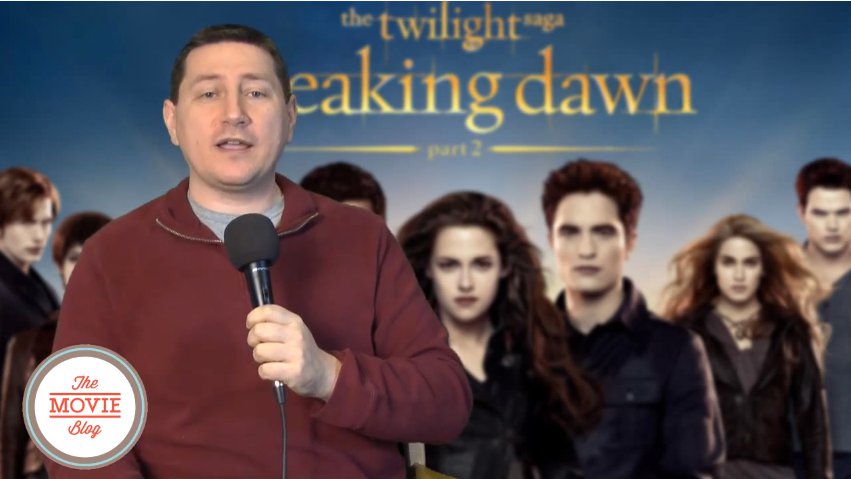Movies are movies, not history classrooms. I’ve always accepted that when I walk into a movie theater I’m going into an ENTERTAINMENT presentation, not an EDUCATIONAL presentation, so I accept that I can neither expect nor assume that a “historical” movie will be historically accurate… and I’m fine with that.
Having said that, Yahoo put up a great article on those films that have taken the most liberty with those pesky little “facts” and I thought I’d share it with you here in no particular order.
10) 10,000 B.C.
Director Roland Emmerich is usually a stickler for realism (see: sending a computer virus via Macintosh to aliens in Independence Day). So we hate to inform him that woolly mammoths were not, in fact, used to build pyramids. Heck, woolly mammoths weren’t even found in the desert. They wouldn’t need to be woolly if that were the case. And there weren’t any pyramids in Egypt until 2,500 B.C or so.
9) Gladiator
Emperor Commodus was not the sniveling sister-obsessed creep portrayed in the movie. A violent alcoholic, sure, but not so whiny. He ruled ably for over a decade rather than ineptly for a couple months. He also didn’t kill his father, Marcus Aurelius, who actually died of chickenpox. And instead of being killed in the gladiatorial arena, he was murdered in his bathtub.
8) 300
Though this paean to ancient moral codes and modern physical training is based on the real Battle of Thermopylae, the film takes many stylistic liberties. The most obvious one being Persian king Xerxes was not an 8-foot-tall Cirque du Soleil reject. The Spartan council was made up of men over the age of 60, with no one as young as Theron (played by 37-year-old Dominic West). And the warriors of Sparta went into battle wearing bronze armor, not just leather Speedos
7) The Last Samurai
The Japanese in the late 19th century did hire foreign advisers to modernize their army, but they were mostly French, not American. Ken Watanabe’s character was based on the real Saigo Takamori who committed ritual suicide, or “seppuku,” in defeat rather than in a volley of Gatling gun fire. Also, it’s doubtful that a 40-something alcoholic Civil War vet, even one with great hair, would master the chopsticks much less the samurai sword.
6) Apocalypto
This one movie has given entire Anthropology departments migraines. Sure the Maya did have the odd human sacrifice but not to Kulkulkan, the Sun God, and only high-ranking captives taken in battle were killed. The conquistadors arriving at the end of the film made for unlikely saviors: an estimated 90% of indigenous American population was killed by smallpox from their infected livestock.
5) Memoirs of a Geisha
The geisha coming-of-age, called “mizuage,” was really more of a makeover, where she changed her hairstyle and clothes. It didn’t involve her getting… intimate with a client. In the climactic scene where Sayuri wows Gion patrons with her dancing prowess, her routine – which involves some platform shoes, fake snow, and a strobe light – seems more like a Studio 54 drag show than anything in pre-war Kyoto.
4) Braveheart
Let’s forget the fact that kilts weren’t worn in Scotland until about 300 years after William Wallace’s day and just do some simple math. According to the movie, Wallace’s blue-eyed charm at the Battle of Falkirk was so overpowering, he seduced King Edward II’s wife, Isabella of France, and the result of their affair was Edward III. But according to the history books, Isabella was three years old at the time of Falkirk, and Edward III was born seven years after Wallace died.
3) Elizabeth: The Golden Age
In 1585, when the movie takes place, Queen Elizabeth was 52 years old – Cate Blanchett was 36 when she shot the film – and was not being courted by suitors like Ivan the Terrible (who was dead by then). And though the movie has her rallying the troops at Tilbury astride a white steed in full armor with a sword, in fact she rode side saddle, carrying a baton. She was more of a regal majorette than Joan of Arc.
2) The Patriot
Revolutionary War figure Francis “The Swamp Fox” Marion was the basis for Mel Gibson’s character, but he wasn’t the forward-thinking family man they show in the flick. He was a slave owner who didn’t get married (to his cousin) until after the war was over. Historians also say that he actively persecuted and murdered native Cherokees. Plus, the thrilling Battle of Guilford Court House where he vanquishes his British nemesis? In reality, the Americans lost that one.
1) 2001: A Space Odyssey
According to this film, in year 2001 we would have had manned voyages to Jupiter, a battle of wits with a sentient computer, and a quantum leap in human evolution. Instead we got the Mir Space Station falling from the sky, Windows XP, and Freddy Got Fingered. Apparently the lesson here is that sometimes it’s better when the movies get the facts all wrong.




















